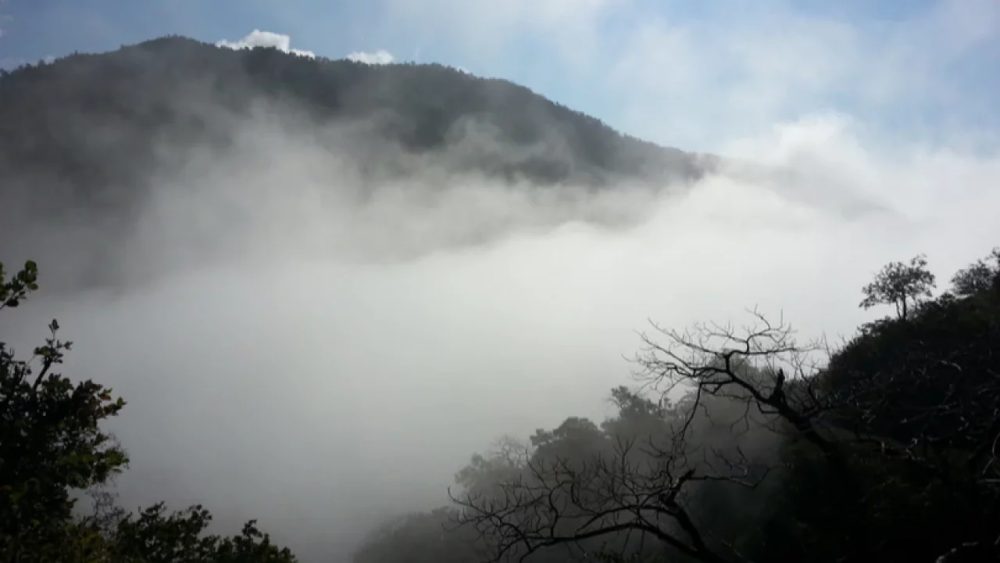

Panchkula, a planned city in Haryana, India, proximate to Chandigarh, has gradually grown into a destination of considerable interest for tourists over the years. The history of tourism in Panchkula is intrinsically tied to its cultural heritage, natural beauty, and its status as a gateway to Himachal Pradesh—a state known for its hill stations.
Historically, Panchkula served as a rest stop for travelers heading towards the Himalayan ranges. The presence of ancient temples and archaeological sites in and around the city points towards Panchkula’s historical significance, making it a site of spiritual journeys and pilgrimages long before the idea of tourism as we understand it today existed.
The city's rich cultural tapestry, featuring festivals like Chaitra and Ashvin Navratri, has long attracted visitors. Panchkula's Mata Mansa Devi Temple, one of the most prominent Shakti temples in North India, has drawn pilgrims for centuries, especially during the Navratri Mela, an event that has, over time, become a significant contributor to the growth of religious tourism in the area.
With the development of Panchkula's sectors and township came the rise in ecotourism. The city is close to Morni Hills, Haryana's only hill station, where resorts and adventure activities like trekking and bird watching have become popular. Panchkula also hosts the magnificent Cactus Garden, Asia's largest outdoor landscaped cacti and succulents garden, which is a significant draw for botany enthusiasts and casual tourists alike.
The establishment of Chandigarh, the shared capital of Haryana and Punjab, as a nearby modernist city designed by the renowned architect Le Corbusier, has also boosted tourism in Panchkula. The integration of the Panchkula Golf Course, recreational spots like Yadvinder Garden (also known as Pinjore Gardens), and the annual Panchkula Golf Cup have added to its upscale tourism attractions.
In recent years, there has been a trend towards wellness tourism in Panchkula, with more emphasis on yoga retreats and Ayurvedic spas. Adventure sports facilities, such as paragliding in the Morni Hills, have also started to appeal to a younger and more dynamic tourist demographic.
The digital revolution has transformed tourism marketing, with Panchkula being no exception. Online platforms now play a significant role in tourist engagement, offering virtual tours and online booking services, which increased significantly during the Covid-19 pandemic, influencing the dynamics of travel.
Looking ahead, Panchkula's tourism sector is expected to continue diversifying and modernizing, with a focus on sustainable practices and digital integration that will likely enrich the tourism experience and accommodate future travel trends.
For visitors planning a trip to Panchkula, the Haryana Tourism Corporation provides up-to-date information and services to ensure a memorable stay in the city.